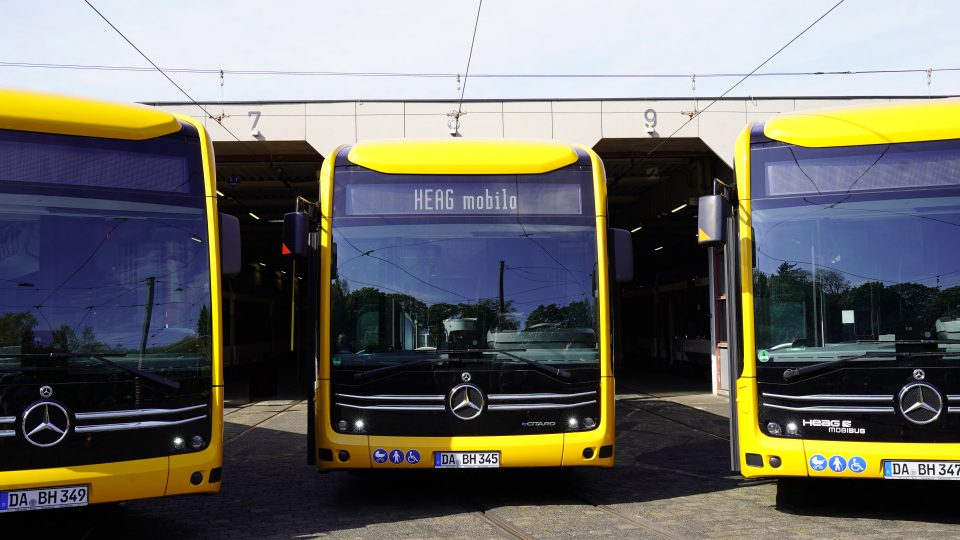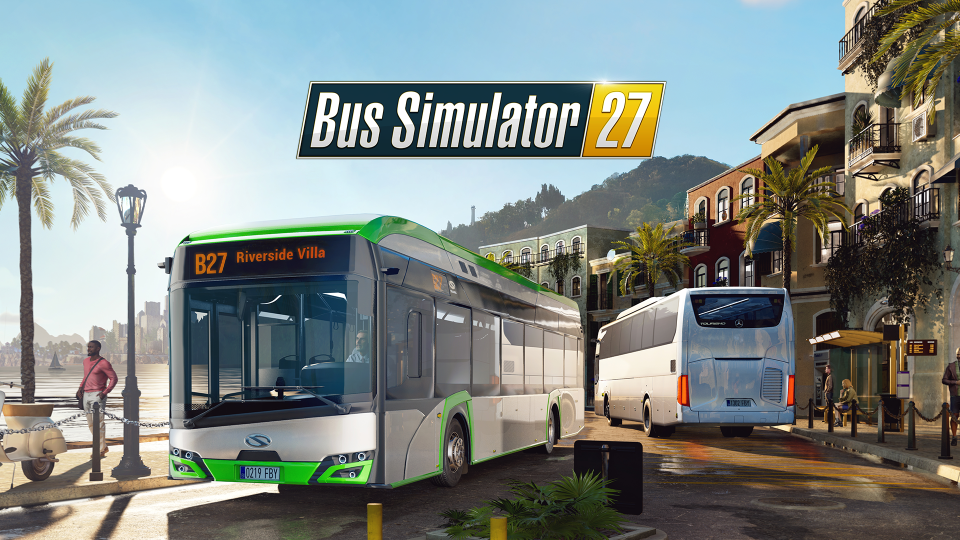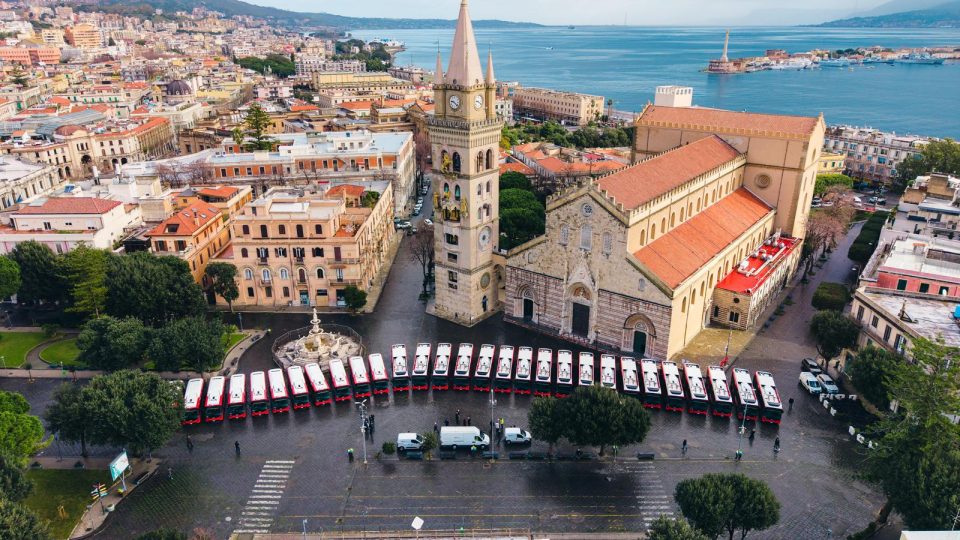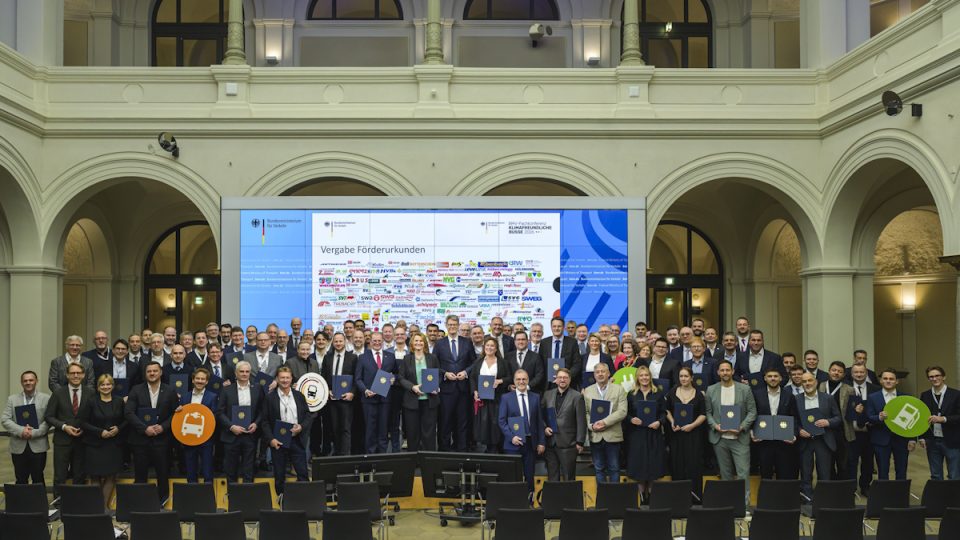Electric school bus market grows in North America, Blue Bird increases production capacity
US school bus manufacturer Blue Birds says it has registered a +250% in sales of e-buses in 2020, and therefore announces a strategy to increase production capacity up to 1,000 units annually. Today, nearly 50 percent of Blue Bird’s bus sales are non-diesel powered. The reason of such a trend in the North American school bus […]
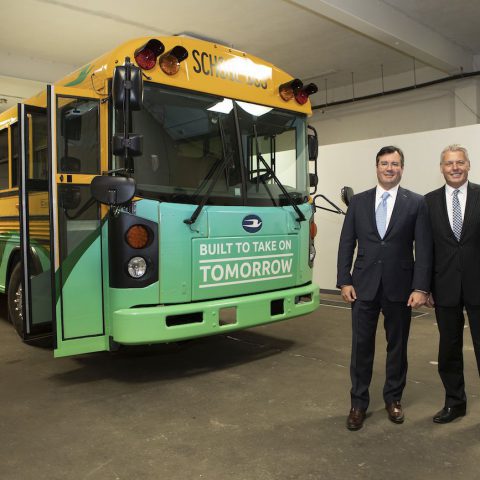
US school bus manufacturer Blue Birds says it has registered a +250% in sales of e-buses in 2020, and therefore announces a strategy to increase production capacity up to 1,000 units annually. Today, nearly 50 percent of Blue Bird’s bus sales are non-diesel powered.
The reason of such a trend in the North American school bus market? «With more than 600,000 school buses on the road today in the US and Canada, and 95 percent of them diesel with an average age of about 11 years, the addressable market of America’s largest mass-transportation system represents a substantial $150 billion opportunity for electric buses over the next 20 years or so», said Phil Horlock, president and CEO of Blue Bird Corporation. The electric school bus market in the US is the target of the cooperation between Daimler and Proterra, launched a couple of years ago.
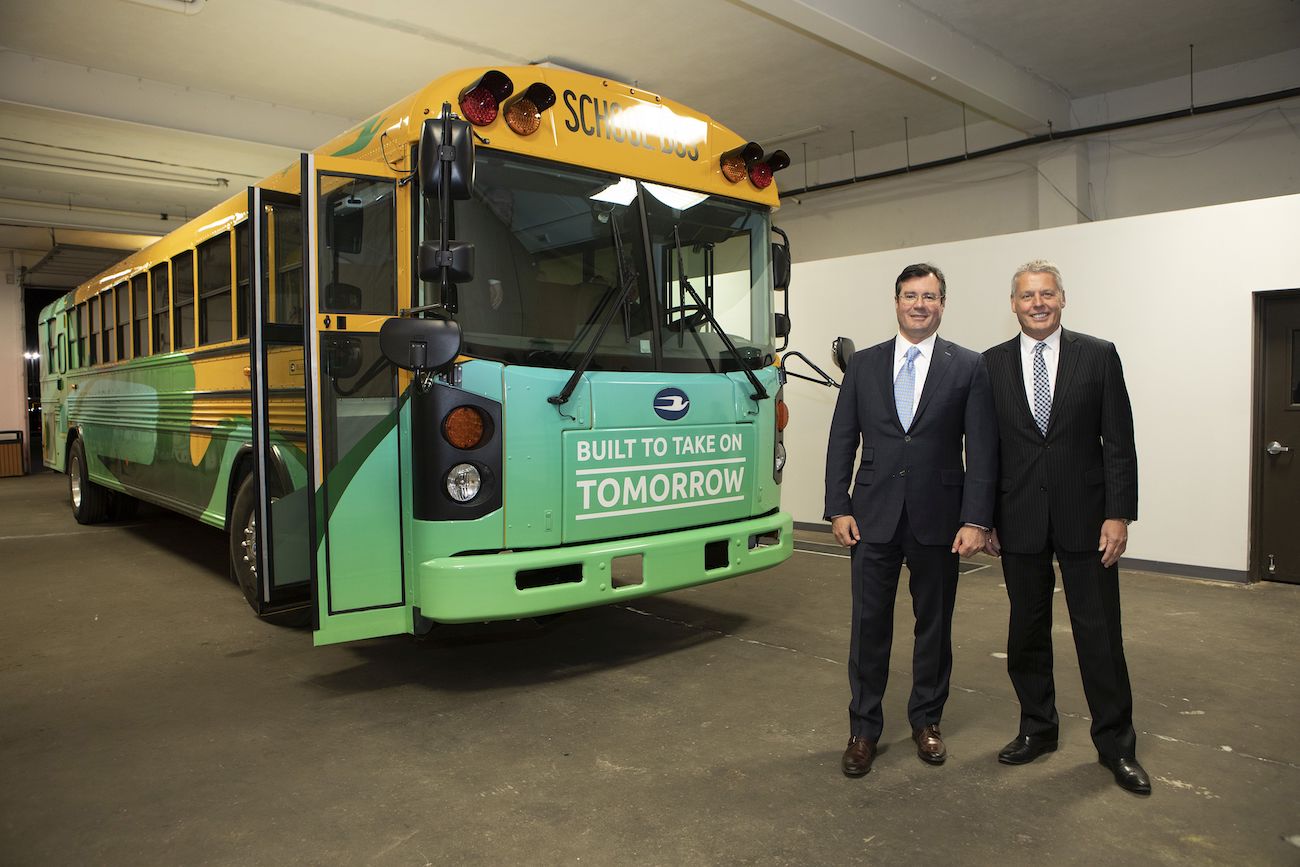
Blue Bird bets on electric school buses
Blue Bird is ramping up its electric bus production capacity in response to «an ever-increasing interest from school districts and fleet operators across the US and Canada».
Blue Bird’s electric school buses are 100% electric, produce zero emissions, and offer Vehicle to Grid (V2G) charging and discharging capability, allowing users to sell power back to the electric grid at peak-demand times (particularly in summer when school buses are idle), thereby reducing operating costs, the company outlines.
The buses currently utilize lithium-ion batteries to power an electric motor. They save districts thousands of dollars annually in fuel and maintenance costs since there is no engine or transmission to service, oil and filter changes to consider, or typical diesel-specific items such as diesel exhaust fluid (DEF) to maintain.
50 per cent of Blue Bird sales are non-diesel
«School bus customers are increasingly looking at alternative-power solutions to the traditional diesel engine that has been the staple product for more than 40 years» comments Phil Horlock. «About 50 percent of Blue Bird’s bus sales today are non-diesel, twice the industry average, as we have led the market in alternative-power solutions over the past ten years, with our best-in-class propane engine paving the way. Now we are seeing an unprecedented interest in our electric-powered buses. We expect to have close to 300 on the road by year-end, since delivering our first zero-emissions bus just two years ago».



